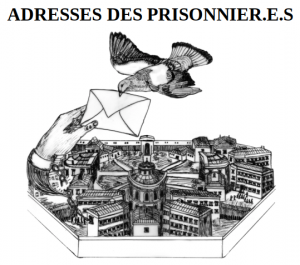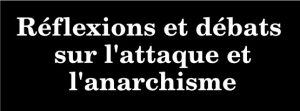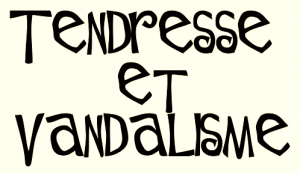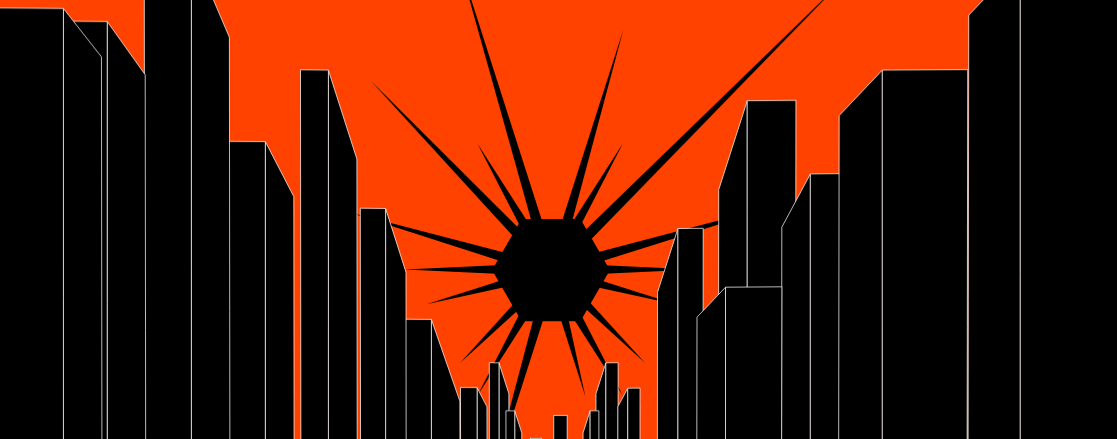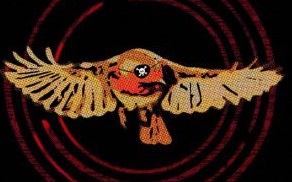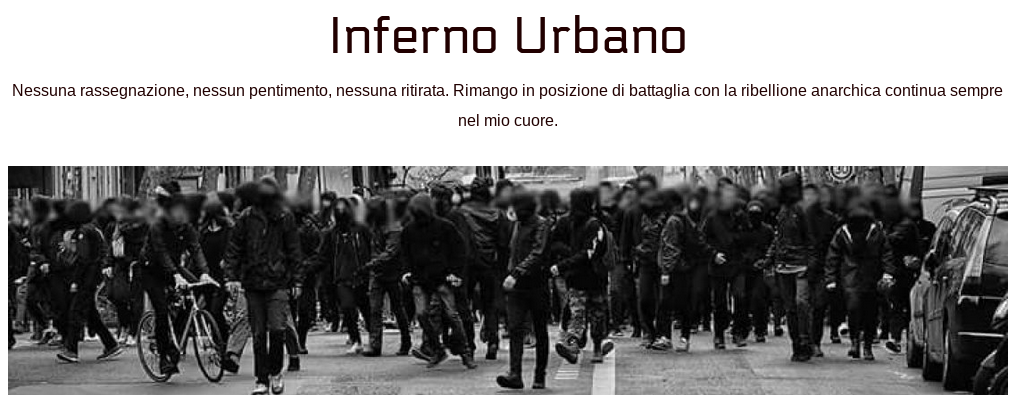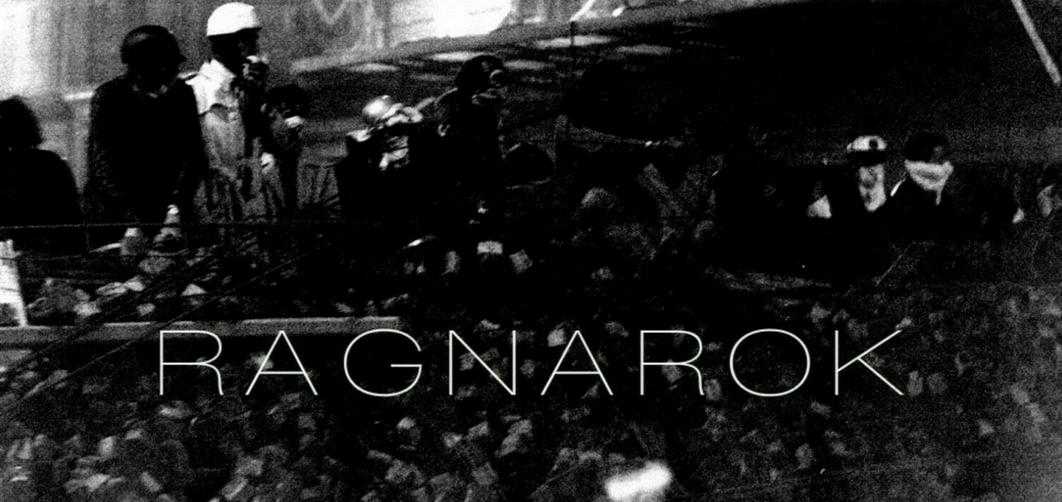On May 30 2017, judge Gendre released a committal order of her own, sending seven additional companions and comrades to court in connection to the struggle against the deportation machine in Paris.
In a first trial concerning the struggle against the deportation machine, on June 23, 2017 in Paris, four people who were subjects of one of the preliminary inquiries into this matter. After various reclassifications and withdrawals of the charges, three of them are accused of “tracing inscriptions on facades and street material” (meaning tags) in January 2011 and two of having “willfully damaged a banking ATM belonging to the Postal Bank” (by pasting a poster) in February 2010 during a group stroll.
In parallel to this, on May 30 2017, judge Gendre released a committal order of her own, sending seven additional companions and comrades [1] to court in connection to the struggle against the deportation machine in Paris. Although the date of the trial has not yet been decided (though it may be set in the next few weeks), we can already say a few things about it.
This second trial stems from a second preliminary inquiry that lead to five house searches in June 2010, then to the arrest of two additional people on October 28 and January 19 2011 (one of whom spent a week in pretrial prison). The charges ranged from “serious damage or destruction to property in a group” to refusing to give DNA and fingerprints [2], and also included “willfull group violence” relating to some unfriendly visits to the Air France office at Bastille square and to the SNCF (national train company) shop in Belleville, as well as to the redecoration of the poor windows of a Bouygues telecom store at the same time. These two actions took place on March 17 2010, a few hours after ten undocumented people were sentenced to years in prison for the fire that destroyed the Vincennes detention centre [3].
More broadly, these actions were part of the struggle against the deportation machine, which, between 2006 and 2011, attacked hundreds of targets in various ways, whether by fire or hammer, by sabotage with acid or with glue, without mentioning the combative strolls, demos, public discussion, postering, and distribution of texts and proposals for struggle in the street. A struggle without a principal actor or a political centre, that offered chances for unmediated self-organization and direct action taking as their starting point the deportation machine: a struggle in the name of “freedom for all, with or without papers”.
From this point, after five years of preliminary inquiry (2009-2014) and of bail conditions that were only lifted in 2015, while the foot soldiers of the anti-terrorist section of the criminality brigade searched in vain for those responsible for the attacks, this struggle with its contents and uncompromising proposals will be put on trial, seven years after the actions in question. After a series of partial withdrawals of charges handed out late in the game, the seven comrades and companions will finally be put on trial for refusing to give their DNA and fingerprints (four of them for this only), two for having “willfully damaged the offices of Air France” and for having “willfully damaged the offices of the SNCF and Bougues Telecom”. Further information and texts will follow later.
From the Mediteranean,become a vast aquatic graveyard, to locking up in camps migrants who push their way through borders; from the construction of 33 new prisons to the technologies of the city-prison, with its increased control and internal borders… Sabotaging the deportation and incarceration machine is just as relevant now as ever.
Freedom for all, with or without papers
Solidarity is attack.
Some anarchists
June 10, 2017
[Translated by Bordered by Silence, June 13th 2017]
Notes
1] Among anarchists in France, often a distinction will be made between comrades, which might broadly include people. Although it is not a very commonly used term in my part of the anglo-anarchy world, on this site I generally translate “compagnon/compagnonne” as “comrade”, since the notion of “companion” mostly doesn’t exist at all. Here though, the distinction is important so I’m just translating both terms literally.
2] Although you are required by law to give your fingerprints and a DNA sample upon arrest in France, they will not be taken by force and anarchists tend to simply refuse. This does often lead to an additional charge. Which means its fairly common to see cases like this one, where the original charge is withdrawn (sometimes even the day after it was laid), but the charge of refusing DNA and fingerprints remains.
3] In June 2008, the Vincennes detention centre, a prison for migrants, was burned to the ground. This came after several years of struggle by undocumented people inside and outside the detnetion centres and was instigated by the death of one prisoner the day before. The phrase “beautiful like a burning prison” quickly spread around the world…
[en français] [Deutsch]

